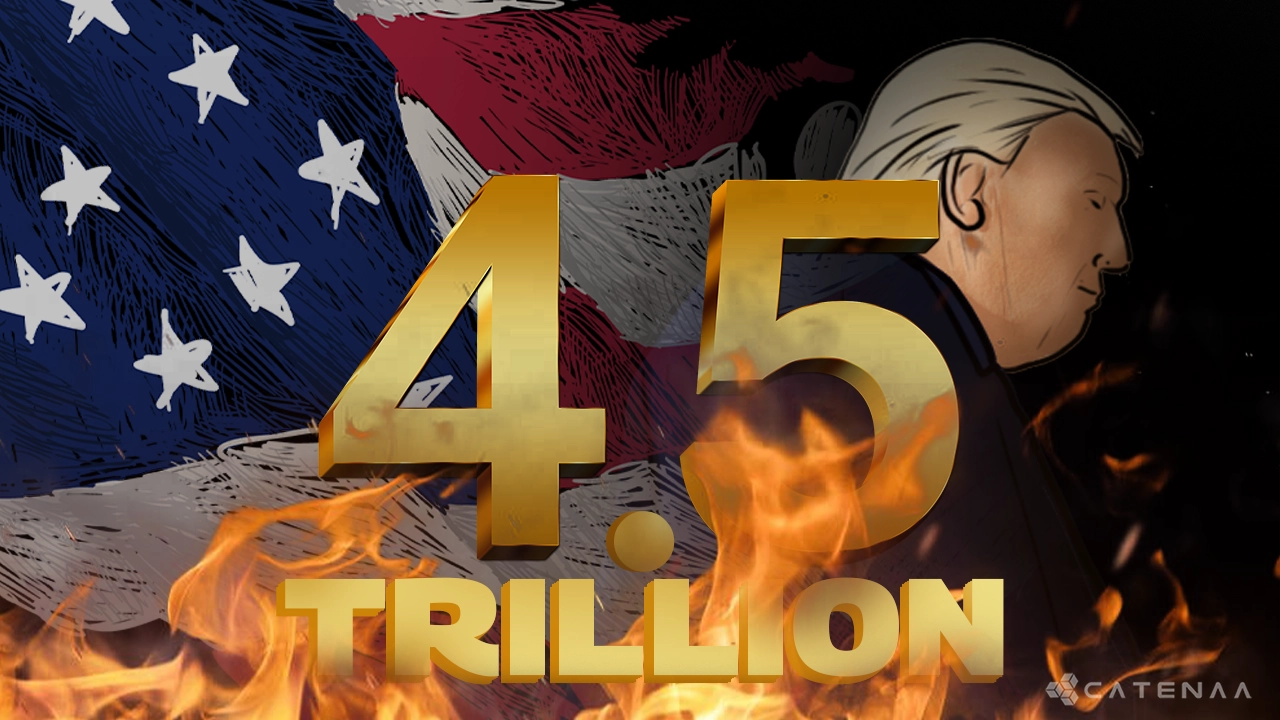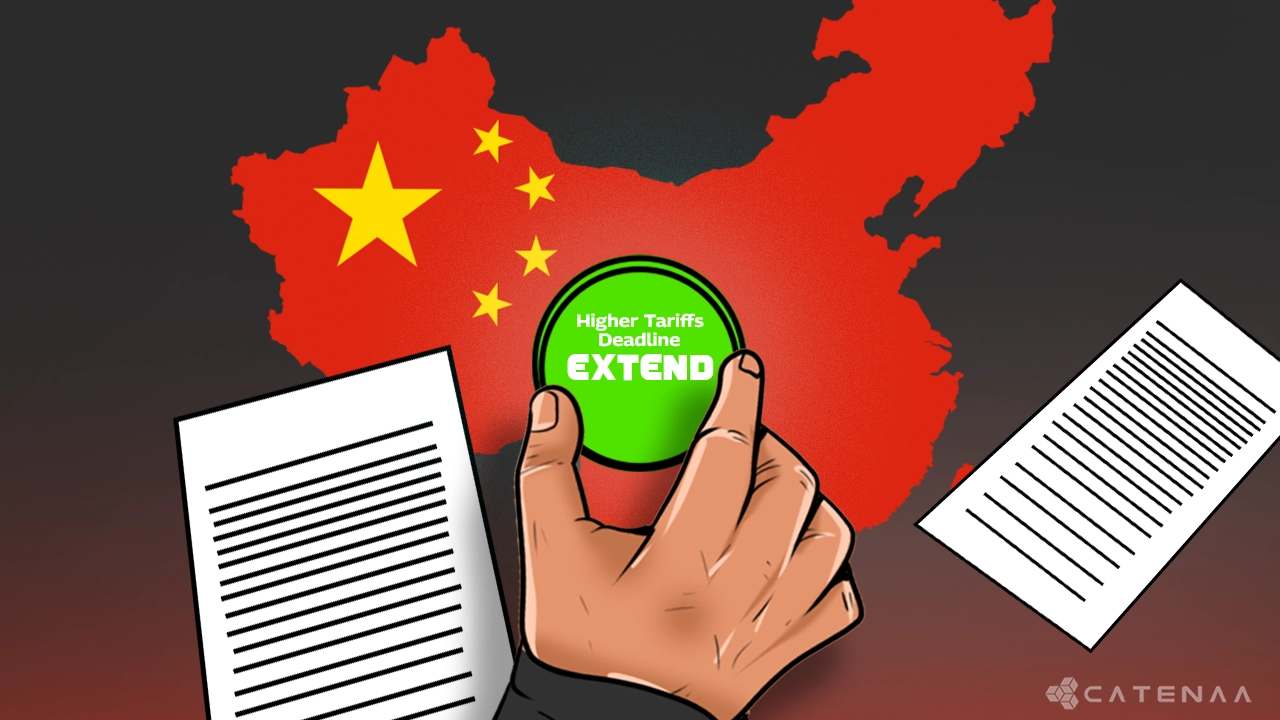Catenaa, Tuesday, July 22, 2025- US President Donald Trump’s enacted One Big Beautiful Bill will add $3.4 trillion to US deficits over a decade and leave millions without health care coverage, the Congressional Budget Office said.
The CBO analysis released on Monday showed a $4.5 trillion decrease in revenues and a $1.1 trillion decline in spending through 2034, relative to a current-law baseline.
The new analysis doesn’t incorporate so-called dynamic effects, such as the impact on growth or interest rates over time that the legislation’s measures might have.
Trump signed the tax and revenue bill into law on July 4 after months of negotiations with congressional Republicans. Encompassing much of Trump’s economic agenda, it permanently extends his 2017 income-tax cuts and some breaks for businesses, lifts the cap on federal deductions for state and local taxes and eliminates taxes on tips and overtime temporarily, among other provisions.
The Trump administration points to record collections from the tariffs he’s imposed on most US imports this year, saying that revenue will help fill the gap.
A number of spending cuts were included in the tax law in an effort to reduce deficits and offset the cost, including to Medicaid, which provides health insurance for low-income people.
Provisions in the law will result in 10 million Americans losing health insurance by 2034, according to the CBO analysis.
The potential loss of health insurance coverage comes as rising prices due to tariffs already threaten to create increased economic hardship for low-income families.
June inflation data showed some signs of the levies’ impact on costs, and economists expect prices to continue to rise over the summer.
This would disproportionately impact low-income Americans as they tend to spend a larger share of their income on necessities, such as food.


